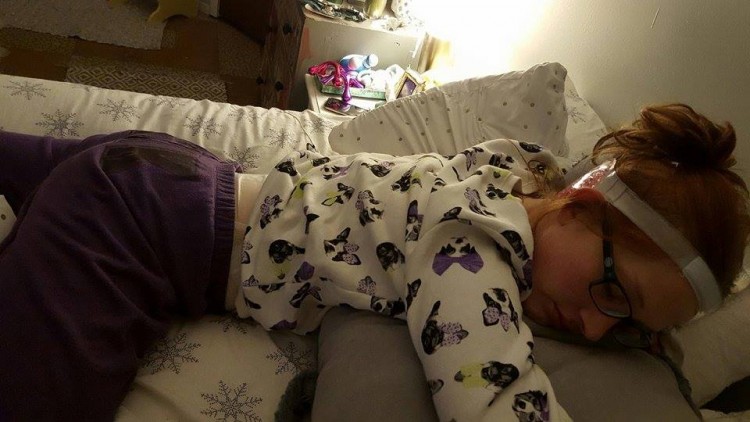When we are just young children, someone teaches us to look both ways before crossing the street. As we grow into bigger children and eventually adults, we find ourselves face-to-face (metaphorically, of course) with oncoming obstacles almost constantly.
The definition of pedestrian is: “A person walking on a road or a developed area.” Simple, right? But the adjectival version of the word is of particular note: “Lacking inspiration or excitement, dull.” I suppose there is something very pedestrian about being a pedestrian, watching the world whiz by in fast cars while you slog on an uphill battle, moving ever so slowly towards your destination. And that’s what I’m getting at, the first definition contains an active verb (walking), but being a pedestrian (at least to me) implies a reduction of agency.
Other relevant stories:
• What to Do When Someone Has a Seizure
• Can a Woman with Epilepsy Have a Baby
• Medications for Epilepsy
When you have a seizure disorder, especially one that remains uncontrolled and undiagnosed, I believe you’re pedestrian by both definitions. Your life can become a boring pattern of consistency punctuated by horrific moments of complete loss of pattern, overwhelming fear and desperation. You cannot take the wheel because you’re literally not allowed to drive, but also because you’re too afraid to go.

This is what life is like for me. This is what I wish the neurologists who treat me like a number understood. This is what I wish my nurse understood when she took five messages for my doctor that weren’t returned because my case was not dire enough. This is what the people who believe I am faking my seizures could understand; because no reasonable [insert any synonym for breathing intellectual being] would ever fake such complete humiliation.
Life for me is like crossing an intersection, looking both ways and knowing I might still get hit by a car. When you have a seizure disorder, you could have a seizure anywhere — in the middle of the mall, in a public bathroom, in the shower, walking to work, on the train, while cooking, or while at work. Your seizures can cause minor harm (like bruises, cuts and body pain) or they could kill you. And that’s just the seizure itself; the environment in which you have the seizure can intensify the injury tenfold, or even be fatal.
Recently, I was completely and utterly humiliated after busting open my lip on the bathroom sink at work while trying desperately to keep my seizure private once I felt it sneaking up on me. Choosing a concrete bathroom was a very poor choice, but I have tried to keep the ugly underbelly of my seizure disorder a secret, compromising my personal safety to protect my professional reputation. Today though, with my mouth dripping blood, my entire body shaking and my head vibrating so violently that I couldn’t orient my field of vision, there was no way to hide the truth written all over my face.
I came across a meme that said the slogan of epilepsy is “carpe diem.” At the time, I thought the meme was a bit amateur, but I can see now it smacks of truth. I don’t know about tomorrow, or the day after that, or the day after that. And in 18 days, I hope I will be able to have a seizure-free wedding, but I don’t know about that. And in a few years, I hope to have a seizure-free child, and eventually, a seizure-free life. But I don’t know about any of that.
What I do know is I have the choice to fight back or to feel sorry for myself. After an afternoon of feeling sorry for myself, I can admit I am not the strongest or the bravest. But I also know I wear an invisible bomb strapped to my head, and there’s some phantom holding the controller that I might meet one day — and it would suck very much to have a list of regrets should that day come. Every day is a chance to get better and have the seizure-free life that has to be possible. So I will do what my wise and compassionate co-worker advised: I will be my own advocate, bring my hunky hubby and notebook into my appointments, and sit my brain-addled self on the chair and refuse to leave until I have the promise of progress. Because every life is a story, and every story is worth telling until the very end — and I am not done yet.
The Mighty is asking the following: Tell us one thing your loved ones might not know about your experience with disability, disease or mental illness. What would you say to teach them? If you’d like to participate, please send a blog post to community@themighty.com. Please include a photo for the piece, a photo of yourself and 1-2 sentence bio. Check out our Submit A Story page for more about our submission guidelines.
